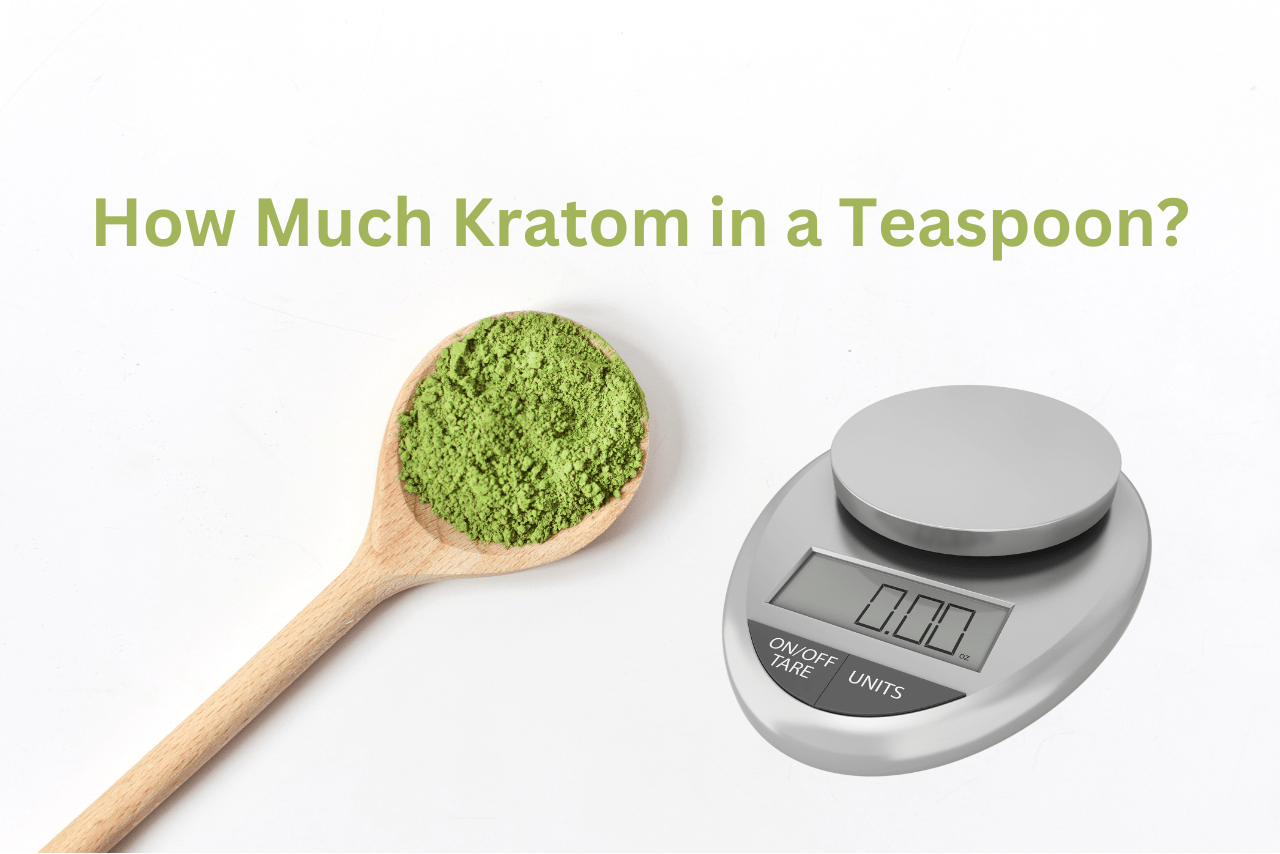Contents
Kratom and Your Body: The Full Effects and What You Need to Know
- Written by Sagar
- Updated on April 23, 2025
- Published on
- Kratom Legal Status
TL;DR
Curious about how kratom affects your body? This popular Southeast Asian herb is known for its potential benefits, including pain relief, increased energy, and mood enhancement. Kratom works by interacting with your brain’s receptors, leading to various effects based on the strain and dosage. However, it’s essential to understand the possible risks, such as nausea and cardiovascular effects, to use it responsibly.
Table of Contents:
- What is Kratom
- How Kratom Affects Your Body
- Kratom and Body Systems
- Risks and Side Effects of Kratom
- Conclusion
- FAQs
So you want to know what kratom does to your body? You’re not alone. Kratom, a tree from Southeast Asia, has become popular for its benefits. Many use kratom for pain management and energy boost. But what happens when kratom gets into your system?
When you take kratom, its active ingredients bind to receptors in your brain and produce many effects. These effects vary depending on the strain and dose you take. From pain relief and relaxation to focus and euphoria, kratom does many things to your body. Knowing how kratom affects you is key to making smart decisions about using it.
What is Kratom
Kratom, a tree from Southeast Asia, and its effects on your body is why it’s becoming popular for its benefits like pain relief and energy boost.
Kratom’s active ingredients bind to receptors in your brain and produce many effects depending on the strain and dose. These effects include pain relief, relaxation, focus and euphoria. You need to know how kratom affects you to use it smartly.
How Kratom Affects Your Body
When it comes to kratom effects on your body, you need to know both the physical and mental effects it can have. Let’s get into how kratom affects your body and mind.
Physical
Kratom can produce many physical effects depending on the strain and dose. These include:
- Pain Relief: Kratom is known for pain relief so it’s a popular choice for those looking for natural pain management.
- Relaxation: Some kratom strains are relaxing and can help you unwind and reduce stress.
- Focus: Some users get more focus after taking kratom which is good for productivity.
- Euphoria: In some cases kratom can give you euphoria and overall sense of well being.
Knowing these physical effects is key to using kratom smart and getting its benefits.
Mental Effects
In addition to its physical effects, kratom can also affect your mental state. Here are the mental effects of kratom:
- Mood Boost: Kratom is believed to have mood lifting properties and can improve your emotional state.
- Stress Relief: Some users get less anxiety and stress after taking kratom and becomes more calm.
- Sedation: Some kratom strains are sedating and can help with sleep.
- Alertness: Kratom can also give you alertness and mental clarity and cognitive function.
By knowing the mental effects of kratom you can make smart decisions about its use and get its benefits for your overall well being.
How Kratom Affects Body Systems
When we look into how kratom interacts with your body systems we get to see the overall effects of this herbal supplement. Kratom’s active ingredients when ingested affects many bodily functions, mostly your nervous and digestive systems. Knowing these interactions is key to understanding the overall effects of kratom.
Nervous System
Kratom’s interaction with your nervous system is deep, mainly on neurotransmitters and receptors in the brain. Kratom’s active ingredients bind to opioid receptors and affects pain and mood. By modulating these receptors kratom can give pain relief, relaxation and mood boost, a natural way to manage discomfort and feel good.
Digestive System
When it comes to your digestive system, kratom can produce many effects, especially on gastrointestinal motility and function. Taking kratom can affect digestion and can change bowel movements and overall digestive process. Some users experience constipation or digestive discomfort with kratom use, so moderation and awareness of its effects on your digestive health is key.
Cardiovascular System
Kratom’s effect on the cardiovascular system is notable as it can affect heart rate and blood pressure. Some kratom strains can be stimulant like and can increase heart rate and blood pressure temporarily. Knowing these cardiovascular effects is important especially for those with pre-existing heart conditions or hypertension as kratom can affect cardiovascular health.
Immune System
While there’s limited research on kratom’s direct effect on the immune system, some studies suggest that some alkaloids in kratom have immunomodulatory properties. These compounds can modulate immune responses but more research is needed to understand the full effect of kratom on the immune system. Be cautious with kratom use as it can interact with immune function.
By knowing how kratom affects different body systems you can see its overall effects and make smart decisions about its use. Knowing how kratom affects your nervous, digestive, cardiovascular and immune systems allows you to get its benefits smart and aware of its effects on your overall health.
Risks and Side Effects of Kratom
- Physical Effects:
- Kratom can cause physical effects like nausea, vomiting, dry mouth, constipation and loss of appetite. These effects can vary in intensity and are dose dependent.
- Taking too much kratom can cause dizziness, tremors, seizures and difficulty breathing. Be sure to follow recommended dosage to minimize the risk of these adverse effects.
- Psychological Effects:
- Too much kratom can cause psychological effects like anxiety, irritability, agitation and hallucinations. These effects are serious and seek medical attention immediately.
- Interaction with Body Systems:
- Kratom’s interaction with the nervous system can cause drowsiness, confusion and even coma in extreme cases. Be aware of these neurological risks.
- Digestive System:
- Heavy kratom use can cause discomfort, stomach pain and constipation. Monitor your digestive health when taking kratom.
- Cardiovascular Effects:
- Some kratom strains can increase heart rate and blood pressure, especially for those with hypertension or heart conditions. Monitor cardiovascular response to prevent complications.
- Immunomodulatory Properties:
- While there’s limited research on kratom’s effect on the immune system, some alkaloids in kratom have immunomodulatory properties. But more research is needed to understand the full effect.
By knowing the risks and side effects of kratom use you can use it more smart and make smart decisions for your health and well-being.
Conclusion
Knowing how kratom affects your body is key to responsible use. By knowing the physical and psychological effects you can make smart decisions about its benefits. From pain relief and relaxation to focus and mood enhancement kratom has many effects depending on strain and dosage.
Be aware of the risks and side effects like nausea, dry mouth and dizziness that can occur from overuse. By being informed and using kratom smart you can get its benefits for your overall well-being.
Frequently Asked Questions
What are the health benefits of kratom?
Kratom can provide pain relief, relaxation, focus and euphoria depending on the strain and dosage.
How does kratom affect the body’s nervous system?
Kratom’s bioactive compounds bind to opioid receptors in the nervous system to affect pain and mood.
Are there risks with kratom use?
Yes, taking too much kratom can cause physical effects like nausea, vomiting and constipation and psychological effects like anxiety and irritability.
What to do when using kratom?
Know the effects of different strains and dosages, monitor consumption to avoid overuse and seek medical attention if you experience severe side effects.
How can readers make smart decisions on kratom use?
By knowing both the benefits and risks of kratom readers can make smart decisions to include it in their health and wellness regimen.




